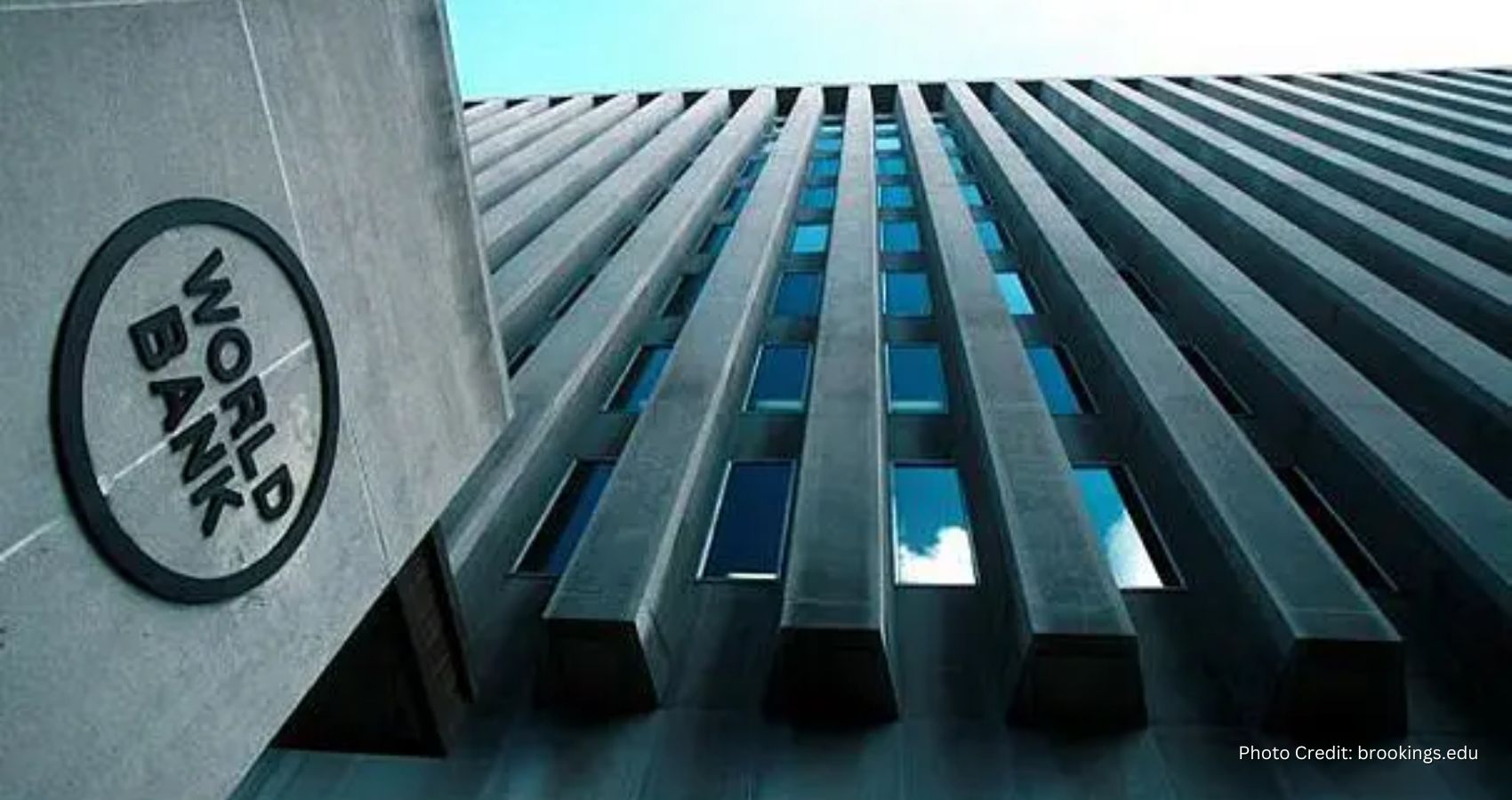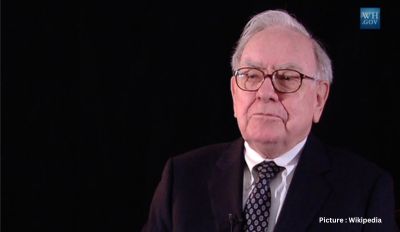The global economy has sidestepped the looming threat of a crippling recession, with the IMF revising its forecast for worldwide aggregate growth in 2024 to 3.2%, up from the previous 2.9% estimated in October. The IMF emphasized the remarkable resilience of the global economy, weathering various adverse shocks and “significant central bank interest rate increases aimed at restoring price stability,” with growth primarily driven by advanced economies, notably the U.S., bolstering demand. However, the IMF also highlighted a concerning trend of widening disparities between low-income developing countries and the rest of the world. According to the IMF, “A troubling development is the widening divergence between many low-income developing countries and the rest of the world. For these economies, growth is revised downward, whereas inflation is revised up.” These nations, primarily in Africa, Latin America, the Pacific islands, and Asia, have borne the brunt of the COVID-19 pandemic, experiencing substantial declines in output relative to pre-pandemic projections and facing challenges in recovery.
Additionally, these struggling economies are burdened with mounting debt service obligations, severely limiting their ability to invest in essential public goods such as education, healthcare, and social safety nets to enhance food security.
In a separate report, the World Bank, the IMF’s counterpart, highlighted a concerning trend whereby half of the world’s 75 poorest countries are experiencing a widening income gap with the wealthiest economies, marking a “historic reversal” in development. According to the World Bank Group’s Chief Economist Indermit Gill, these countries, home to a quarter of humanity, including 1.9 billion people, and 90% of those facing hunger or malnutrition, are grappling with what he terms potentially “a lost decade.” Gill lamented the lack of attention from the rest of the world, noting that many governments in these nations are paralyzed by debt distress.
Drawing attention to success stories like South Korea, China, and India, which transitioned from borrowers to economic powerhouses and now contribute to the International Development Association (IDA), the World Bank’s chief economist stressed the importance of financial support from wealthier nations to the poorest countries. He emphasized that global prosperity and peace require tapping into every reservoir of economic potential, underscoring the imperative of not turning away from a quarter of the world’s population.
The global economy has managed to evade the looming threat of a severe recession, as highlighted by the IMF’s recent adjustment of its 2024 worldwide aggregate growth forecast to 3.2%, up from the previous projection of 2.9% made in October. This positive revision underscores the remarkable resilience displayed by the global economy, which has weathered various adversities, including “significant central bank interest rate increases aimed at restoring price stability,” while largely sustaining its growth momentum. Notably, the growth has been primarily driven by advanced economies, with the United States taking the lead in bolstering demand.
Despite these encouraging signs, the IMF also sounded a note of caution regarding the widening gap between low-income developing countries and the rest of the world. According to the IMF, “A troubling development is the widening divergence between many low-income developing countries and the rest of the world. For these economies, growth is revised downward, whereas inflation is revised up.” This divergence is particularly concerning for nations in Africa, Latin America, the Pacific islands, and Asia, which have endured significant setbacks due to the COVID-19 pandemic and are currently grappling with the challenges of recovery.
Adding to their woes, these struggling economies are burdened by mounting debt obligations, severely limiting their capacity to invest in crucial public goods such as education, healthcare, and social safety nets aimed at improving food security.
In a separate report, the World Bank echoed these concerns, highlighting a troubling trend where half of the world’s 75 poorest countries are experiencing a widening income disparity with the wealthiest economies, marking a “historic reversal” in development. Chief Economist Indermit Gill emphasized the gravity of the situation, noting that these countries, home to a quarter of humanity and 90% of those facing hunger or malnutrition, are currently facing what he terms potentially “a lost decade.” Gill expressed disappointment at the lack of attention from the international community, pointing out that many governments in these nations are grappling with debt-related challenges.
Drawing attention to success stories such as South Korea, China, and India, which have transitioned from borrowers to economic powerhouses and are now contributing to the International Development Association (IDA), the World Bank’s chief economist stressed the importance of financial support from wealthier nations to the poorest countries. He emphasized that achieving global prosperity and peace necessitates leveraging every possible source of economic potential, underscoring the urgency of not ignoring a quarter of the world’s population.











